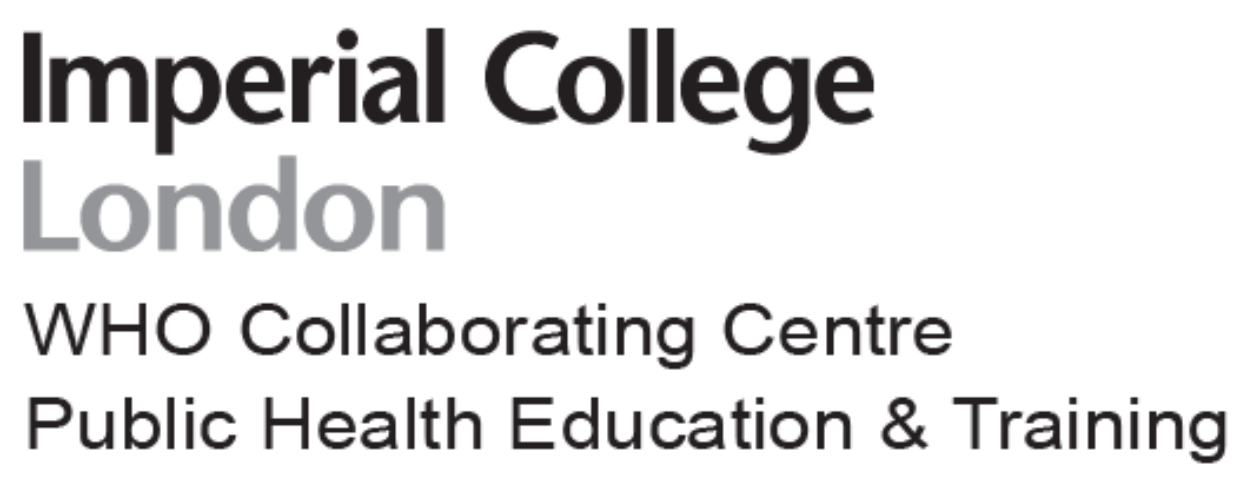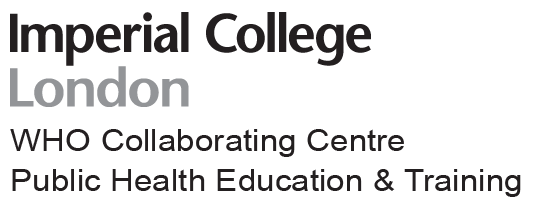WHO EURO ‘Consultation of the European Framework for Action on Integrated Health Services Delivery’
WHO Regional Office for Europe’s (WHO EURO) ‘Consultation of the European Framework for Action on Integrated Health Services Delivery’ 02-04 May 2016 Copenhagen, Denmark
Between the 2nd and the 4th of May, Professor Salman Rawaf, Ms Federica Amati and Dr Sondus Hassounah participated in WHO Regional Office for Europe’s (WHO EURO) ‘Consultation of the European Framework for Action on Integrated Health Services Delivery’ -- a high level international meeting and workshop aiming to strengthen people-centred health systems, as set out in Health 2020, that strives to accelerate maximum health gains for the population, reduce health inequalities, guarantee financial protection and ensure an efficient use of societal resources, including through intersectoral actions consistent with whole-of-society and whole-of-government approaches.
During the consultation the framework’s vision, strategic approach and priority areas of action in alignment with other Regional policies was discuseed. During the initial two day seminars by member states and experts the framework which sets out a number of areas for strengthening people-centred health systems by undertaking transformations for integrated health services delivery was discussed. On the 3rd day a workshop took place where a handful of countries and partners were invited to partake in the exercise of putting the framework to action.
The frameworks’ areas for strengthening people-centred health systems by undertaking transformations for integrated health services delivery are organized in four domains, sequenced as shown in Fig. 1, and are guided by the following goals:
- People – to identify health needs and work in partnership with populations and individuals, as patients, family members, carers and members of their communities, towards realizing their greatest health potential;
- Services – to ensure that the processes of selecting, designing, organizing, managing and improving services optimize the performance of health services delivery in alignment with the health needs of those populations and individuals it aims to serve;
- System – to align the other health system functions of governing, financing and resourcing, in order to establish the conditions required to allow services delivery to perform optimally and to enable sustainable system-wide change;
- Change – a cross-cutting property that facilitates the process of managing health services delivery transformations.
Fig. 1. Overview of the European framework for action on integrated health services delivery
Source: WHO Regional Office for Europe.
Source: WHO Regional Office for Europe
For more information on the framework and WHO EURO’s work on integrated health service delivery, please visit: http://www.euro.who.int/en/health-topics/Health-systems/health-service-delivery
&







